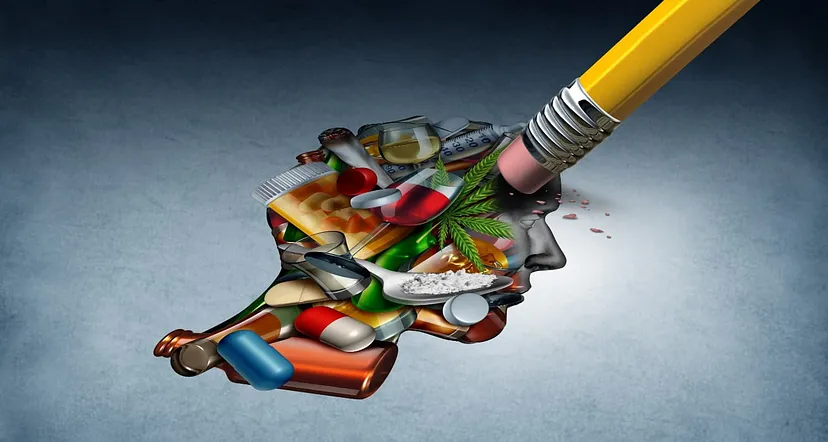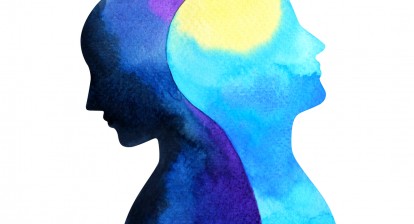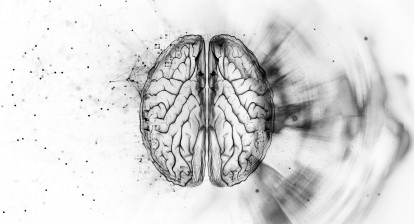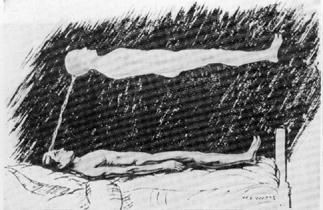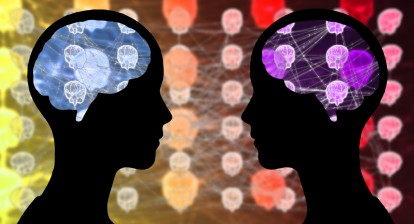In a groundbreaking study published in the American Journal of Criminal Justice, Amanda Heitkamp and colleagues at Bowling Green University (Ohio, USA) delved into a novel aspect of college life: the intersection of substance use and paranormal beliefs. College students exhibit higher rates of substance use—ranging from alcohol and tobacco to marijuana and amphetamines—compared to their peers outside the college environment. Despite various efforts to curb this trend, the issue persists, prompting researchers to look beyond traditional factors.
Heitkamp’s study introduced an intriguing premise: the potential impact of paranormal beliefs on substance use. Paranormal beliefs, often dismissed by science, involve experiences beyond mainstream scientific explanations, sometimes leading to social stigma and exclusion for those who hold them. This stigma can deeply affect individuals, manifesting as reduced self-esteem, limited job opportunities, guilt, and psychological distress.
Employing labeling theory and concepts of stigma, Heitkamp’s research investigated how these beliefs might correlate with substance use among college students. The theory suggests that societal perceptions significantly influence the classification of “deviance,”‘ with those deviating from norms facing stigmatization. This can lead to a range of emotional and psychological challenges, including anxiety, depression, and self-blame.
In the context of the United States, where paranormal beliefs are relatively common, the study argued that these beliefs could still be stigmatized, potentially leading to increased substance abuse as a result of label internalization. Drawing data from 441 college students at a mid-sized institution in the Midwest, the study hypothesized that those who internalize stigma or perceive their paranormal beliefs as non-normative may report higher substance use levels. It also explored the interaction between internalized stigma and external perceptions of stigma on substance use.
The study found that respondents who internalized a negative label about their paranormal beliefs reported elevated levels of substance use compared to those who did not internalize negative paranormal labels.
This research marks a significant step forward in understanding the complex factors influencing substance use among college students. By highlighting the role of paranormal beliefs and the stigma associated with them, it opens new avenues for addressing substance use issues. The study concludes with a call for further research, including longitudinal studies to track changes in paranormal beliefs and substance use over time.

